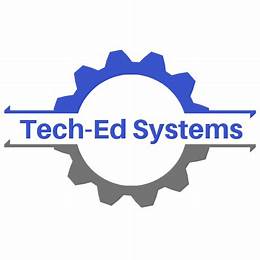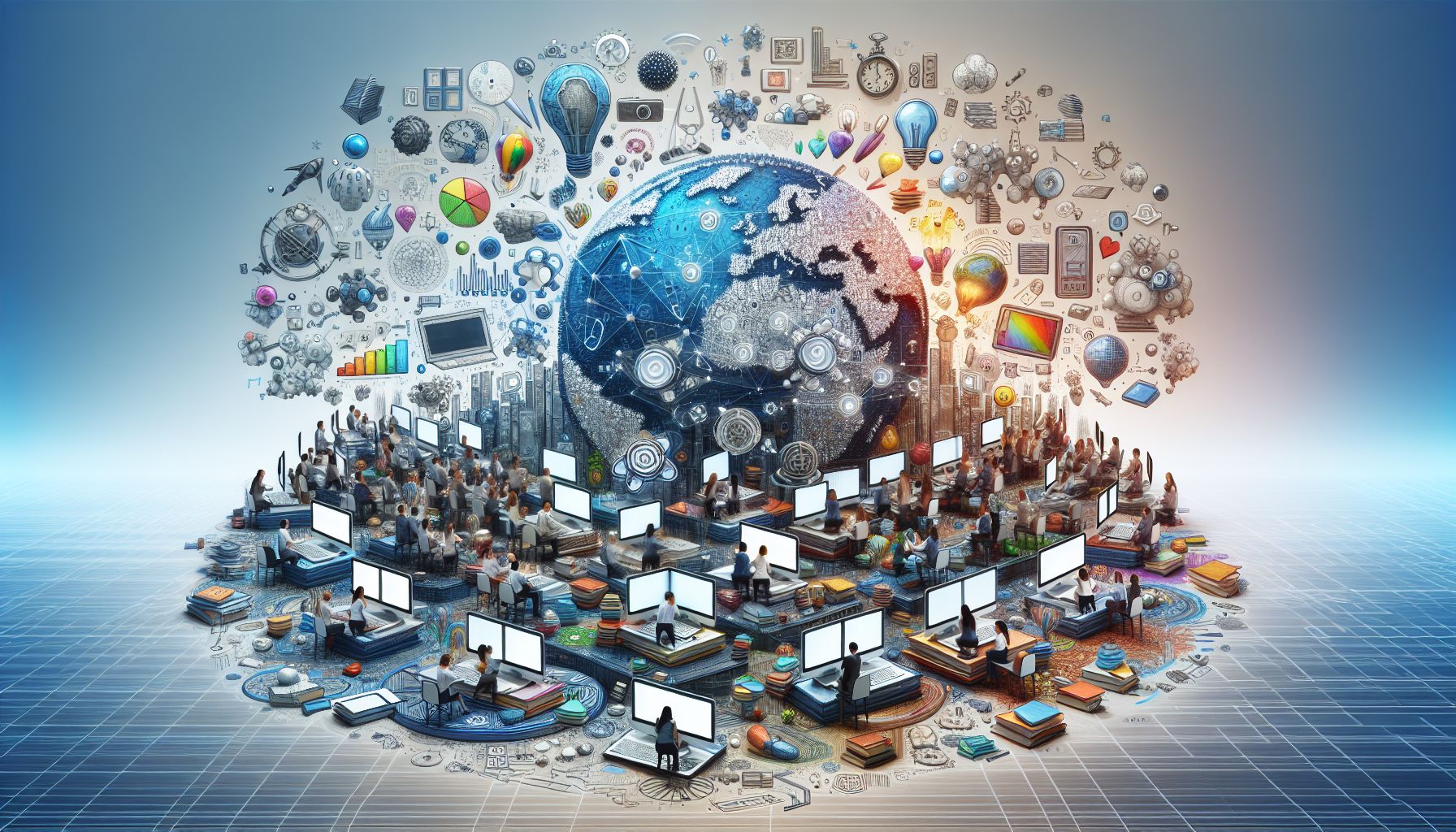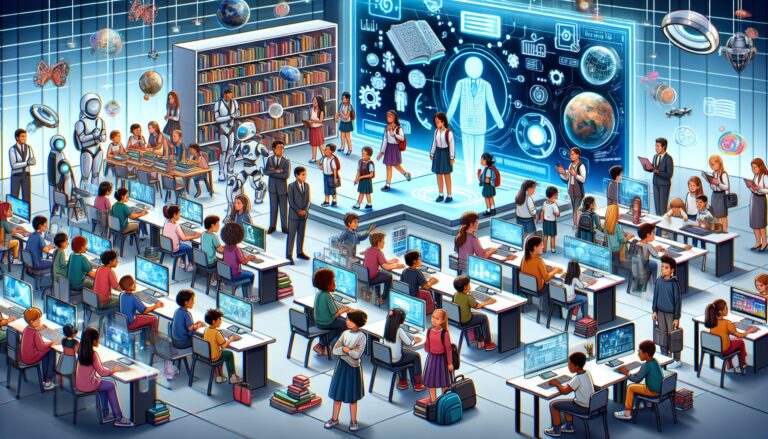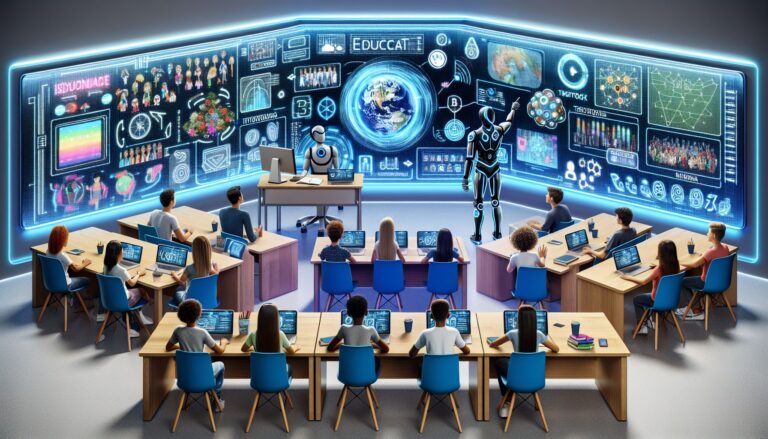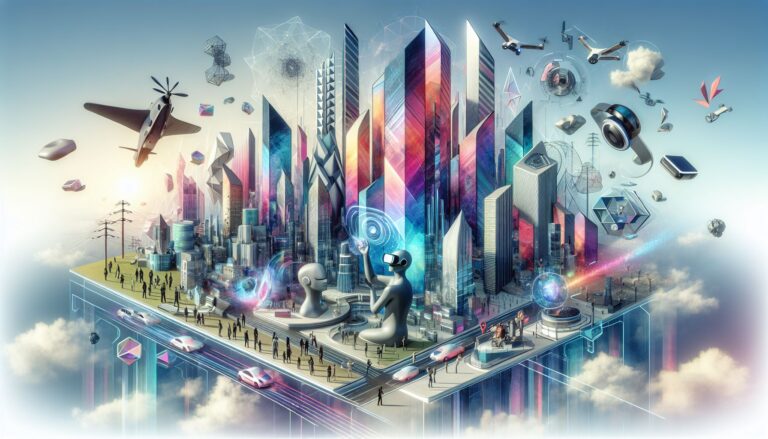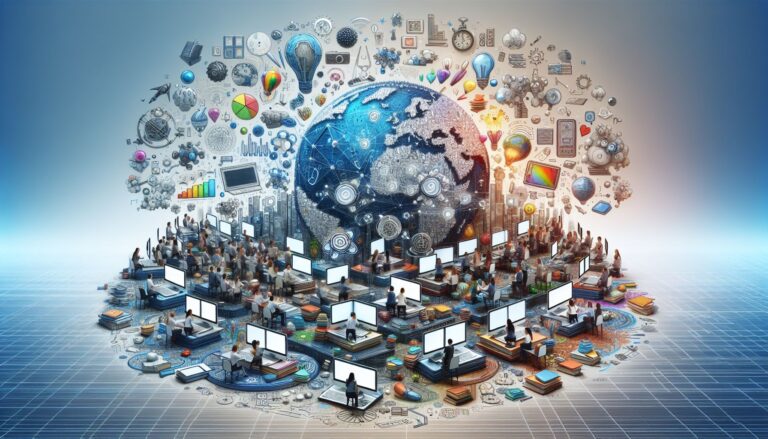As the dawn of advanced technology ushers in a new era across various sectors, education stands on the brink of a transformation unparalleled in history. The rapid pace at which technology evolves has turned the world into a dynamic platform of continuous learning, with the education system feeling the reverberations of this digital revolution. The once-clear lines between traditional learning environments and the virtual world are now blurring, making way for a seamless integration that promises to redefine how we impart and absorb knowledge. This article embarks on a riveting journey into the heart of modern education, where new teaching methodologies and the role of technology collide to shape future educational landscapes.
The digital classroom is no longer confined to the walls of a school. Through the integration of advanced technologies such as artificial intelligence, virtual reality, and adaptive learning platforms, education has transcended physical boundaries. These tools offer a personalized learning experience, catering to the individual needs of each student and allowing for a more inclusive education system that takes into account diverse learning styles and abilities.
Yet, the proliferation of technology in the classroom is not without its challenges. The digital divide, a term coined to describe the gap between those who have access to modern technology and those who do not, has become a significant barrier in education. As schools strive to integrate digital tools, they must also address issues of equity to ensure all students can benefit from these advancements. Moreover, the increasing screen time and the potential for distraction present new hurdles for educators to overcome.
Despite these obstacles, online learning has flourished, particularly in the wake of global events that have forced a shift from traditional classroom settings. Virtual classrooms have allowed for continuity in education when attending school in person has not been possible. The convenience and flexibility offered by online programs have also made it possible for students to learn at their pace, breaking free from the one-size-fits-all approach that often dominates conventional education systems.
Alongside the evolution of learning environments, the role of educators is also changing drastically. Teachers are now as much facilitators of learning as they are purveyors of knowledge. They must adapt to new pedagogies that emphasize collaboration, critical thinking, and problem-solving – skills imperative for the workforce of tomorrow. Furthermore, teachers are harnessing technology to create more engaging and interactive lessons that go beyond the textbook and connect students to real-world applications of their studies.
As we look to the future, it is clear that the trajectory of education is inextricably linked to technological advancement. We stand on the cusp of a future where learning can happen anywhere, anytime, and educators are empowered with tools that can transform pedagogical methods. The potential for personalized and lifelong learning could revolutionize not just classrooms but also the very fabric of society, preparing individuals to navigate and succeed in an ever-changing world.
The road ahead for education is undeniably exciting as we continue to uncover the vast possibilities that technology presents. While there will be challenges to face and ethical considerations to address, the fusion of technology and education holds immense promise for crafting a more knowledgeable, adaptive, and skilled global population. The digital age has bestowed upon us a canvas filled with opportunity – it is up to us to paint a future where education and technology harmoniously coexist to elevate the human experience to new heights.
